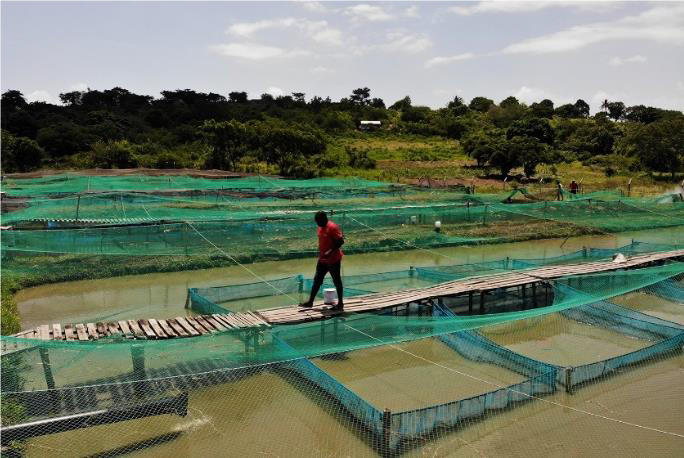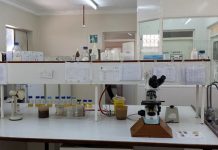INVESTMENTS in fish feeds industries are highly needed to unleash potentials in the country’s aquaculture sub-sector and boost revenues from the fisheries sector.
According to Deputy Minister for Livestock and Fisheries, Mr Abdallah Ulega, the aquaculture sub-sector was growing very fast but availability of feeds remained the big challenge.
“I encourage all our partners, particularly private sectors and development partners, to bring in the country technologies for feed mills,” Mr Ulega appealed yesterday in Dar es Salaam.
He made statement when launching a modern fish demonstration farm at Kigamboni under the company branded Righa’s Safina’s Big Fish.
The project, which is for producing tilapia, is implemented with support from the Netherlands Embassy in Tanzania, both financially and technical support.
The farm has capacity of producing 10 tons of fishes annually, with three harvests.
The deputy minister stated that lack of serious and high-tech industries for fish feeds has been a big constraint to the growth of aquaculture.
“We are currently collecting about 1.9bn/-as revenues from fisheries, we hope that it would go up to more than 2bn/-if the aquaculture is enhanced, “ he emphasized.
He argued that the aquaculture production chain could benefit many Tanzanians because there is opportunity for producing fish, manufacturing fish feeds and also for fish vendors and transporters.
“Let some of private sector players venture into producing fish and others into producing fish feeds,” he stated. Aquaculture in Tanzania has a vast but as yet untapped potential.
The industry is dominated by freshwater fish farming in which small-scale farmers practice both extensive and semi-intensive fish farming.
The country is currently estimated to have a total of 14 100 freshwater fishponds scattered across the mainland.
The distribution of fishponds in the country is determined by several factors, such as availability of water, suitable land for fish farming, awareness and motivation within the community on the economic potential in fish farming.
Netherlands Ambassador to Tanzania, Mr Jeroen Verheul, advised that solar power was cheap for practising aquaculture.
He called for support to fish farmers to enable them generate solar power for their activities, because fish farming requires electricity.
He further asked the government to introduce tax relief for fish farming materials like it is for agricultural inputs to make the fisheries sub-sector flourish.







